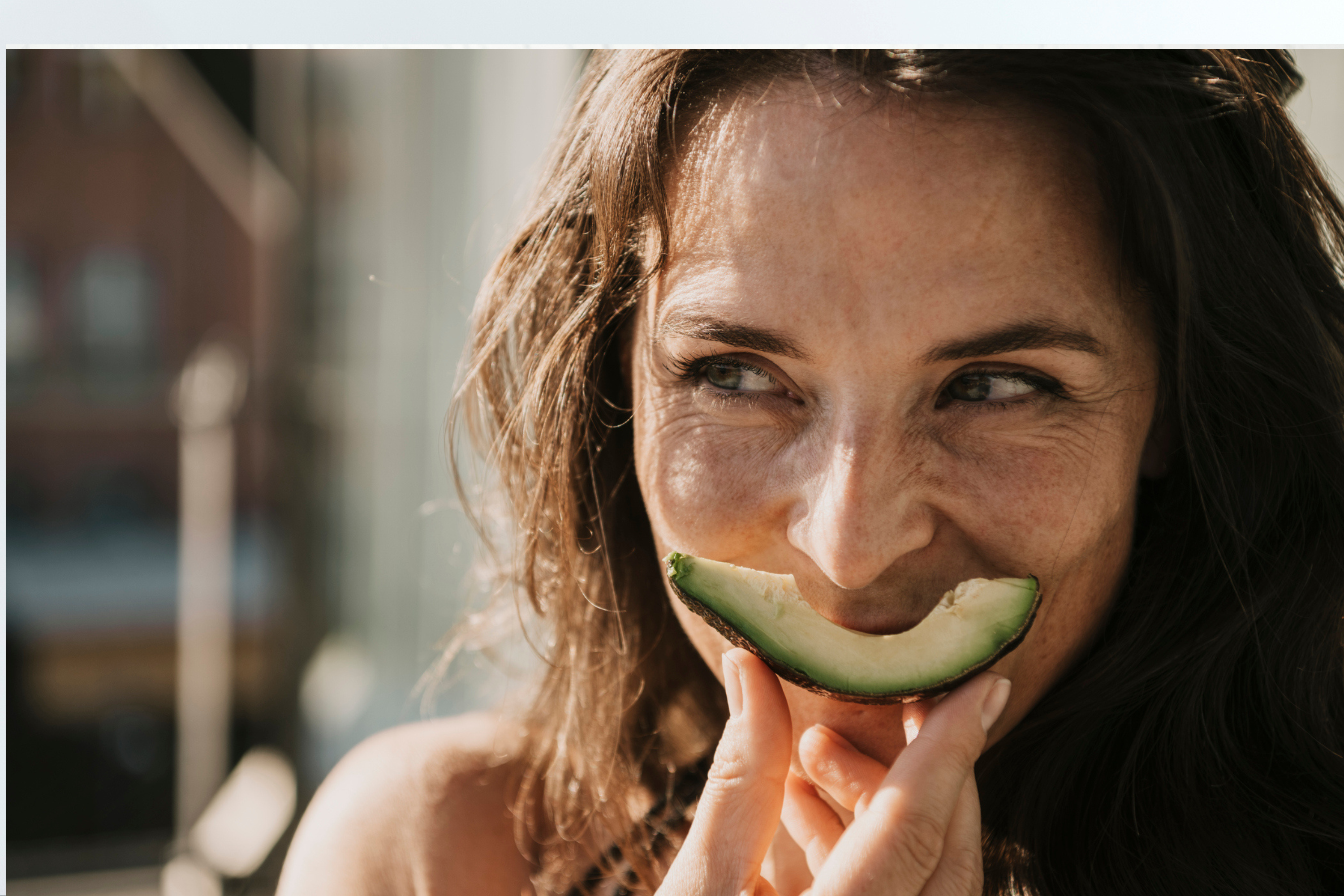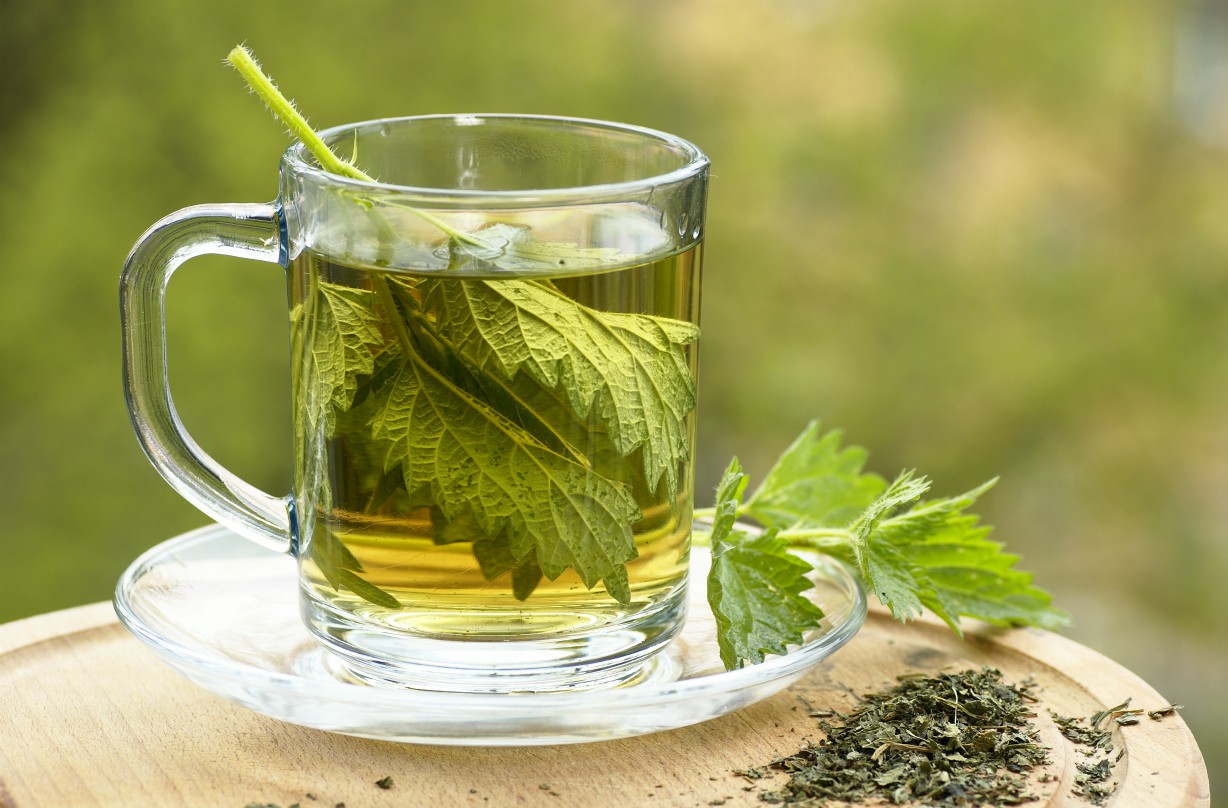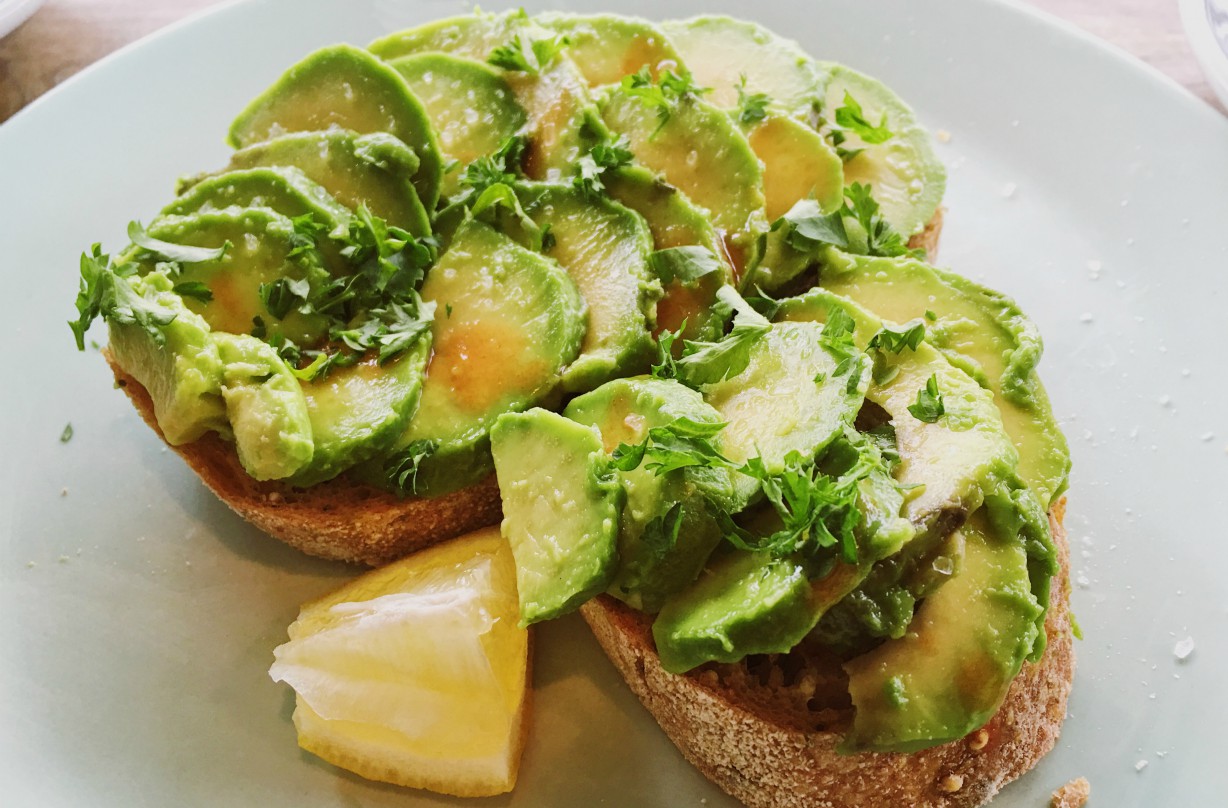10 foods good for skin - nutritionist tips for a healthier skin complexion
Which foods can help you maintain youthful looks and look after your skin?

Parenting advice, hot topics, best buys and family finance tips delivered straight to your inbox.
You are now subscribed
Your newsletter sign-up was successful
The healthiest foods for your skin will leave you looking and feeling great.
Whether it's helping to maintain a youthful glow or acting as an anti-inflammatory, healthy foods - such as avocados, beetroot and even dark chocolate - also contain properties to constantly look after your skin too.
‘A diet that supplies all your daily mineral and vitamin requirements will help keep your skin as healthy as possible,’ says consultant dermatologist Dr Adam Friedmann. ‘A healthy diet gives you the building blocks for a healthy skin.’ Avoid fad or exclusion diets. If you think a certain food may be causing a skin flare-up, see your GP, who can refer you to a dietitian or dermatologist for further advice on foods good for skin.
‘Fresh fruit and veg contains lots of antioxidants, which soak up skin damage,’ says Dr Friedmann. ‘That’s why, when you have sun damage, a lot of the topical stuff you put on your skin will contain plant extracts because the antioxidants really help.’
The best foods good for skin
1. Mussels
Add mussels to your diet, as they're one of the best foods good for skin. ‘Shellfish, along with nuts, gives us copper – a trace mineral that is important for skin and hair pigmentation,’ says dietitian Helen Bond. It’s also key for collagen and elastin, proteins that give skin its structure and elasticity.
2. Pomegranates
New research shows that pomegranates are great for anti-ageing. The fruit is said to contain a 'miracle' ingredient that strengthens ageing muscles and extends life. The Swiss scientists, who have been conducting the research, said: 'We believe this research is a milestone in anti-ageing efforts.'
Their research is based around the pomegranate's ability to keep mitochondria, the tiny 'battery packs' that power our cells, charged up. The scientists are now looking into making a supplement which is based around the pomegranate. Human trials are currently underway and if successful capsules could be marketed as a supplement to keep muscles strong in those aged 50-plus.
3. Nuts and seeds
Pumpkin seeds and Brazil nuts are a great food for the skin. As well as being a healthy snack they contain selenium, which helps to increase the number of infection-fighting white blood cells in the body. Also the other vitamins found in them - vitamin E, copper, magnesium, manganese, potassium, calcium and iron - are great for all round skin health.
Parenting advice, hot topics, best buys and family finance tips delivered straight to your inbox.
4. Nettle
If you suffer from eczema or acne then nettle tea or soup can really help to improve the symptoms you experience. Its anti-inflammatory effect helps to calm the skin considerably, so give some a try today!

5. Tomatoes
Tomatoes are great for aiding collagen production. The little round fruits (yes, tomatoes are a fruit!) are rich in vitamin c, which helps to keep the skin firm. Lycopene, the red pigment that gives them their colour, also stimulates skin circulation.
6. Avocados
Spread on toast, in a salad or just on their own as a snack, avocado recipes are delicious and our new green friends are easy to work into your daily diet. And if they're not already part of it they're worth introducing, as they're one of the foods good for skin and a great source of antioxidant carotenoids. The free radical compounds provide significant protection for your skin, preventing fine lines, wrinkles and other visible signs of ageing.

7. Oat milk
This milk substitute may not be high on your list of daily foods and drinks, but it's a great alternative to dairy. The milk is high in fibre, vitamin E and folic acid, which supports healthy skin. Try it on your cereal or in your tea and start to see the differences.
8. Beetroot
Great in a salad, this vibrant vegetable is packed high with vitamins and minerals such as vitamin A, as well as potassium, sodium, calcium, magnesium, and vitamin E - all essential for epidermal health and healing. They also help to cleanse the body, eliminating toxins from the body and lowering cholesterol.
9. Dark chocolate
We never have to be told to eat chocolate but now we have an excuse as it's one of the foods good for skin. According to research, the cocoa in dark chocolate helps to reduce stress hormones, therefore meaning less collagen breakdown in the skin and fewer wrinkles. The antioxidants - flavonols - also help to reduce roughness in the skin and protect against sun damage.
10. Green tea
Green tea is a great alternative to normal tea and much healthier. When hot, it releases a type of antioxidant that has proven anti-inflammatory and anti-cancer properties. A study showed that drinking two to six cups a day helps to prevent skin cancer and may also reverse the effects of sun damage by neutralising the changes that appear in sun-exposed skin. If you're not sure about the taste, squeeze in a little lemon.
11. Water
Ok so you already know that water is good for you, but do you know how? Not only does upping your water levels keep your brain fully functional - helping you cope with stress - but water also helps to keep the skin clearer, helps you lose weight and keeps you hydrated. Don't forget to make sure you know how much water to drink every day!
Keeping hydrated is good for your health, and specifically for your skin. If you don’t like the taste, add a slice of lemon or try sparkling. Coffee and tea (herbal and fruit too) can also help keep you hydrated. Don’t go overboard, though; there’s no evidence that drinking gallons equals better skin. In fact, drinking too much water can be dangerous.
Avoid red wine and sugar
…if you suffer from face flushing (a condition called rosacea). ‘Alcohol, especially red wine, beer and spirits, is the primary trigger in rosacea sufferers,’ says Helen Bond. Hot or spicy foods can also make rosacea (and other skin conditions like eczema) worse.
‘It causes glycation damage in the skin,’ says consultant dermatologist Dr Nick Lowe, author of Away with Wrinkles (Amazon, £14.99) . ‘This reduces the properties that give skin a youthful, plump appearance. Consuming too much sugar will cause collagen and elastin to become more rigid, fragile and prone to damage, meaning skin will lose its “snap back”.’